Themes
tribal artefacts
Making of Nara (Haversack), arunachal pradesh
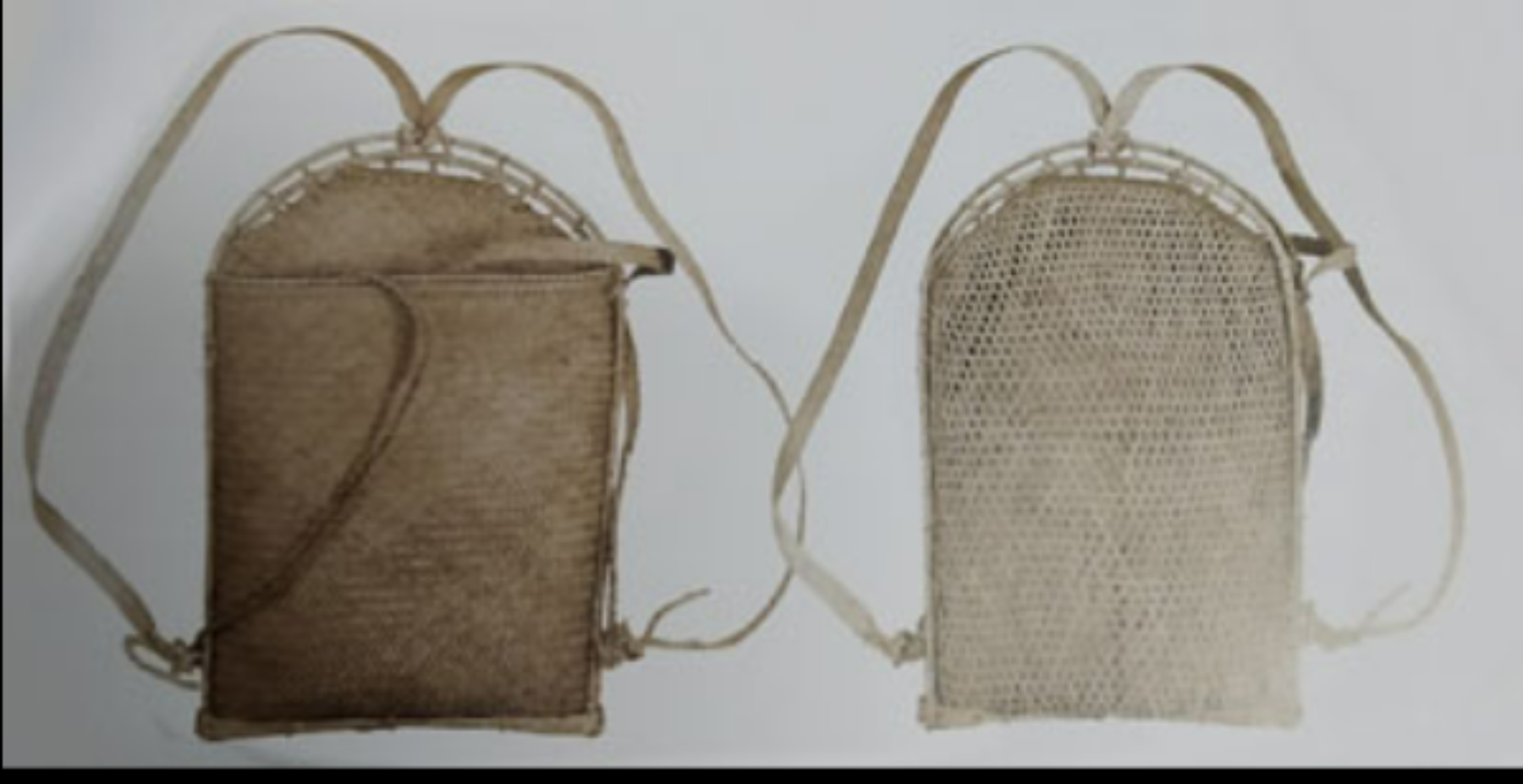
They celebrate their cultural heritage-in which these Nyishi rank among the other most populous indigenous communities in Arunachal Pradesh. For the Nyishis, primary livelihoods include agriculture, hunting, and gathering associated with a virtual affinity to nature-well-expressed by their traditional livelihoods and handicrafts.
The Nara is a traditional haversack belonging to the Nyishi tribe of Upper Subansiri District in Arunachal Pradesh. It is made of bamboo and cane and strengthened to carry small objects- an evidence of the tribe's intelligence and nature-oriented practice in using naturally available materials.
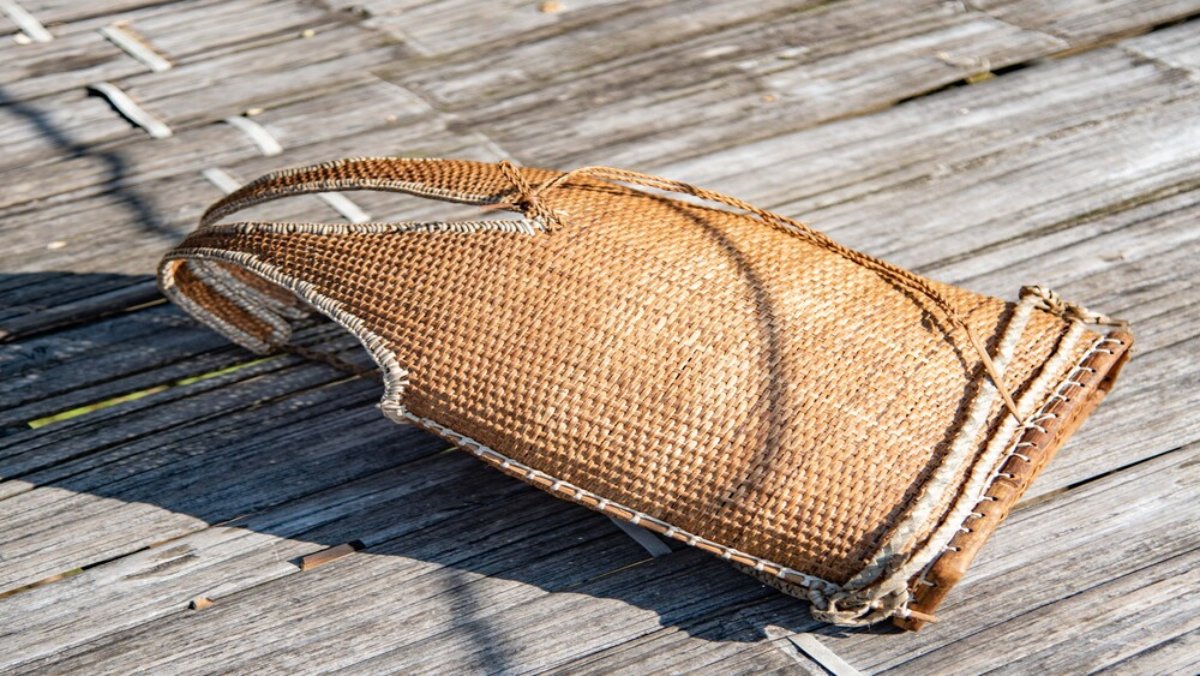
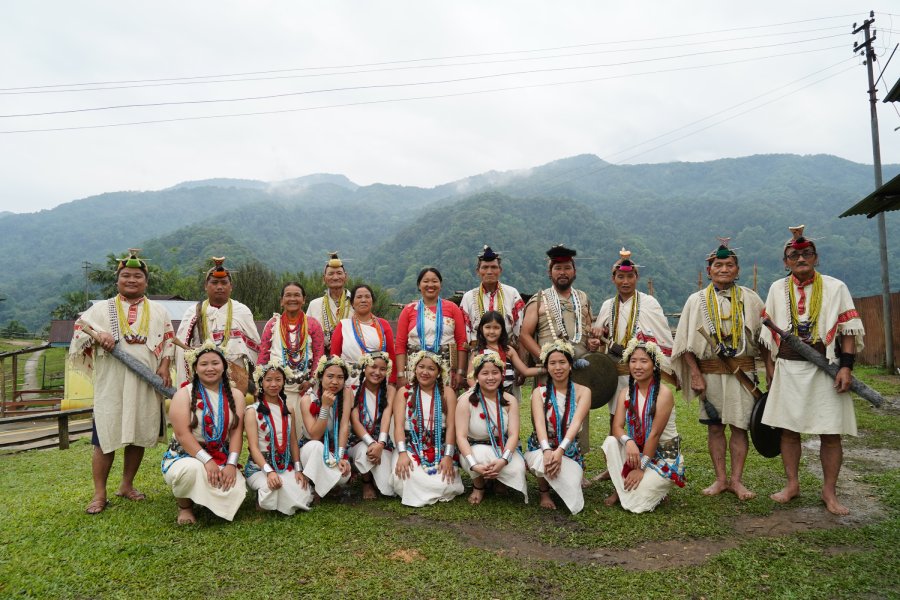
Nyishi are one of the largest indigenous people of Arunachal Pradesh, known for their rich cultural heritage. The Nyishi are deeply intertwined with nature, which their handicrafts and traditional living best represent. They are mainly engaged in agriculture, hunting, and foraging.
The Nara is a functional implement for the Nyishi people, which is usually utilized to carry items like food, tiny tools, and personal stuff. Its durability and consideration in design make it the most convenient to use on a regular basis, especially during farm work and forest excursions.
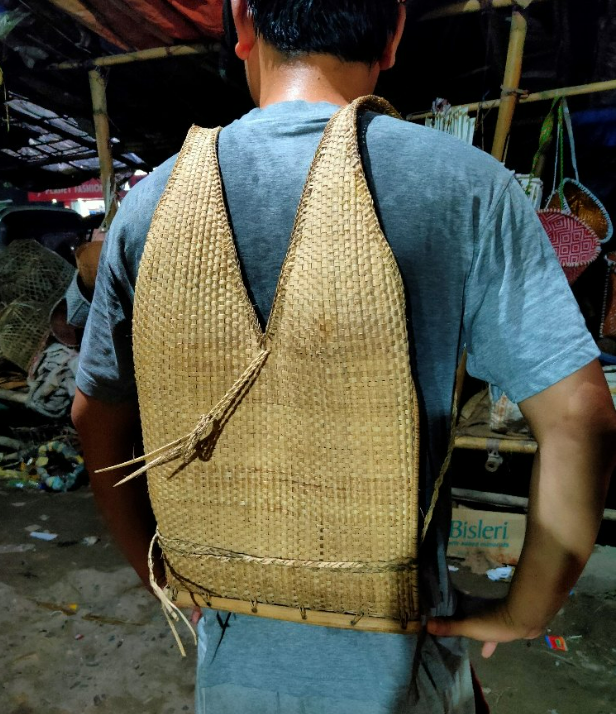
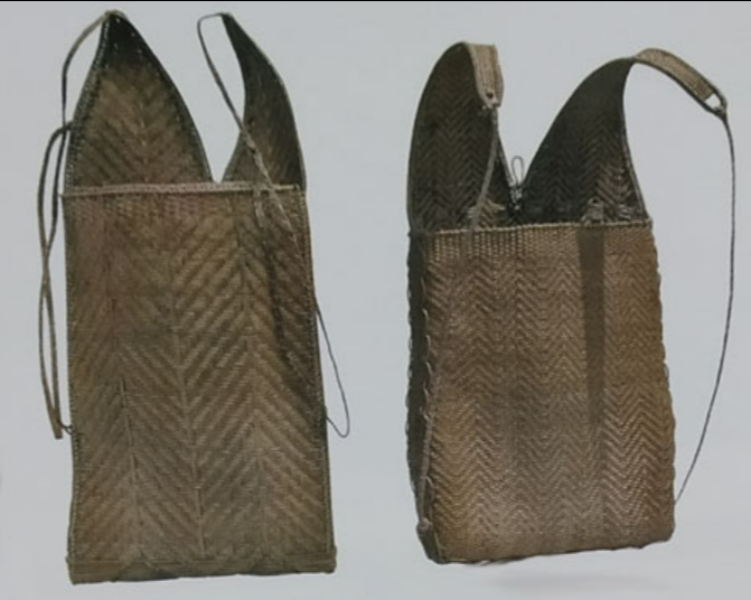
The creation and utilization of the Nara haversack carry important cultural implications for the Nyishi tribe. It represents their traditional work and dedication to green living habits. Beyond a purely functional item, the Nara represents the ingenuity of the tribe and its continued reliance upon the natural world.

